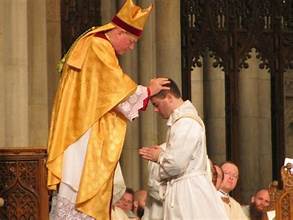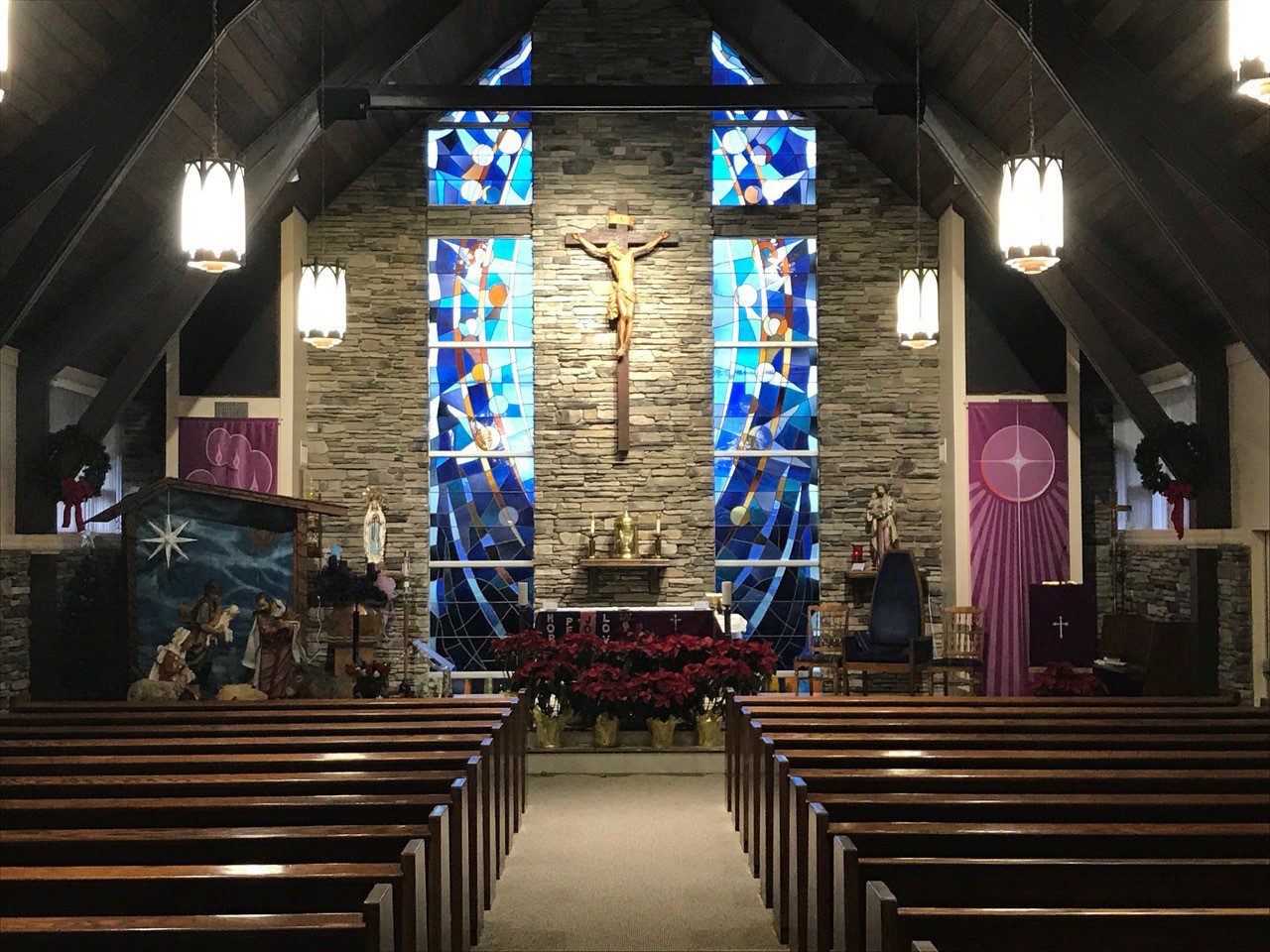
The Sacrament of Holy Orders is the continuation of Jesus Christ’s priesthood, which He bestowed upon His Apostles. This is why the Catechism of the Catholic Church refers to the Sacrament of Holy Orders as “the sacrament of apostolic ministry.” In the Sacrament of Holy Orders, a man is incorporated into the priesthood of Christ at one of three levels: the episcopate, the priesthood, or the diaconate.
The Ordination of Bishops
The first level is that which Christ Himself bestowed upon His Apostles: the episcopate. A bishop is a man who is ordained to the episcopate by another bishop (in practice, usually by several bishops). He stands in a direct, unbroken line from the Apostles, a condition known as “apostolic succession.”
Ordination as a bishop confers the grace to sanctify others, as well as the authority to teach the faithful and to bind their consciences. Because of the grave nature of this responsibility, all episcopal ordinations must be approved by the Pope.
The Ordination of Priests
The second level of the Sacrament of Holy Orders is the priesthood. No bishop can minister to all of the faithful in his diocese, so priests act, in the words of the Catechism of the Catholic Church, as “co-workers of the bishops.” They exercise their powers lawfully only in communion with their bishop, and so they promise obedience to their bishop at the time of their ordination.
The chief duties of the priesthood are the preaching of the Gospel and the offering of the Eucharist.
The Ordination of Deacons
The third level of the Sacrament of Holy Orders is the diaconate. Deacons assist priests and bishops, but beyond the preaching of the Gospel, they are granted no special charism or spiritual gift.
In the Eastern Churches, both Catholic and Orthodox, the permanent diaconate has been a constant feature. In the West, however, the office of deacon was for many centuries reserved to men who intended to be ordained to the priesthood. The permanent diaconate was restored in the West by the Second Vatican Council. Married men are allowed to become permanent deacons, but once a married man has accepted ordination, he cannot remarry if his wife dies.




